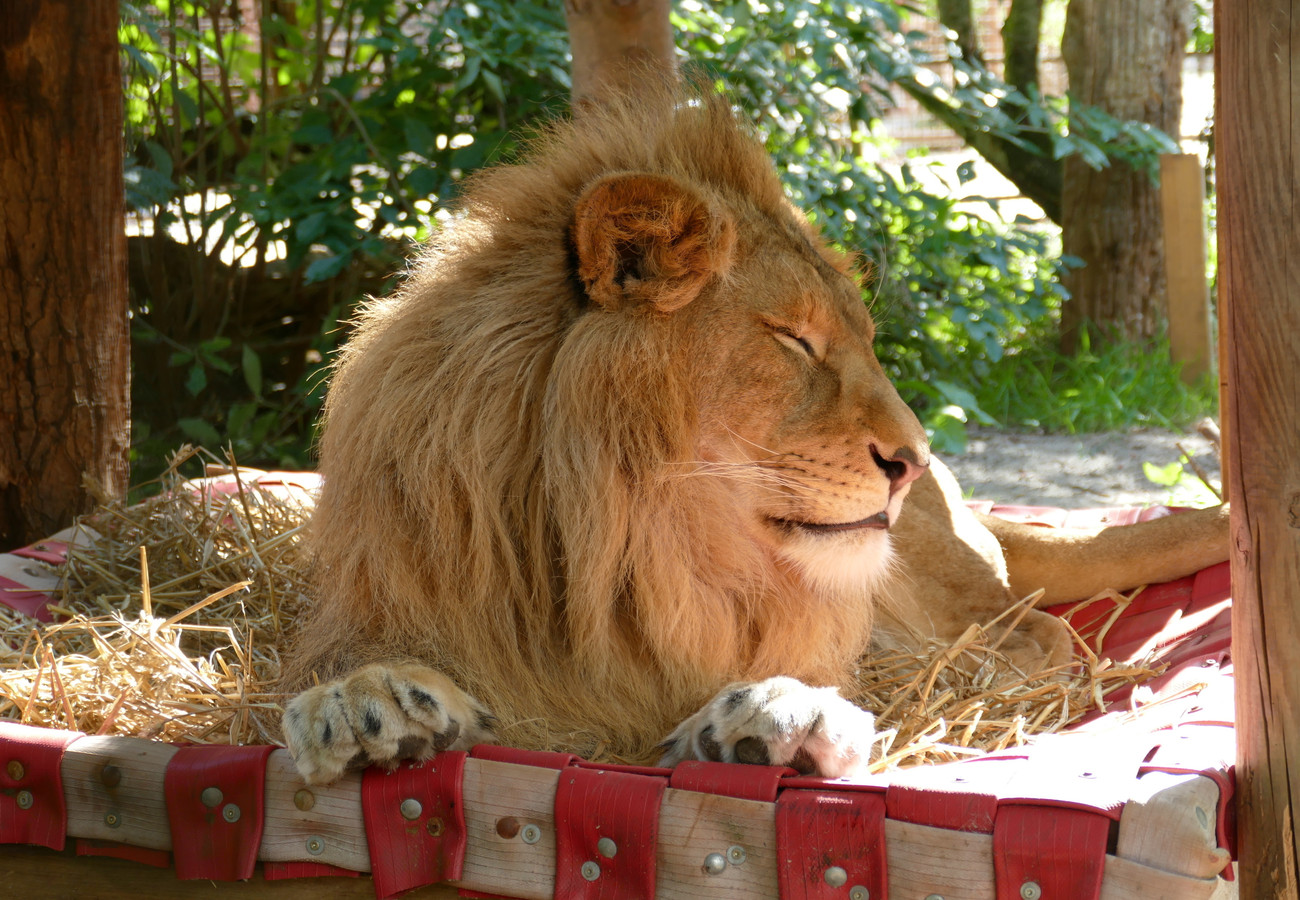Background
Captivity can impact the welfare of wild animals, especially long-ranging predators like lions, by restricting their enclosure size, limiting foraging opportunities and reducing environmental opportunities.
Enrichment is widely used to promote physical and mental stimulation that animals may lack in a captive environment. It consists of a dynamic process that structures and modifies animal environments to offer behavioural choices, encouraging species-appropriate behaviours and abilities. However, enrichment often fails to address key behavioural and cognitive needs.
The Animal Welfare Priority Identification System (AWPIS®) was developed to assess the psychological and physical priorities for the welfare of a certain species and evaluate the effectiveness of management strategies and facilities in ensuring animal welfare, suggesting that behaviours or cognitive processes with high evolutionary significance are likely to be strongly and frequently motivated. The more crucial a behaviour or cognitive process is to an individual’s fitness, the stronger the motivation to perform this behaviour. As part of the AWPIS® assessment for lions, behaviours and cognitive processes have been ranked in descending order of priority based on their significance to survival and welfare.
Aims
- Evaluate and improve the enrichment practices for the rescued lions in the sanctuary, considering the priority behaviours and cognitive processes outlined in the Animal Welfare Priority Identification System (AWPIS®).
- Enhance the welfare of the sanctuary’s rescued animals by devising an enrichment strategy that aligns with their behavioural needs and cognitive capacities.
